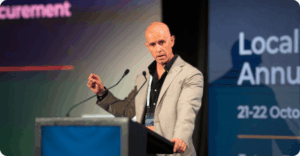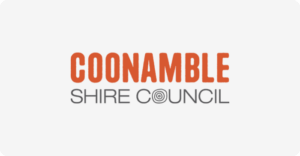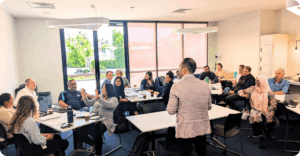In every council project – from stormwater upgrades to new community infrastructure – engineers are often the first to identify a need, shape the technical requirements, and propose a solution. But between idea and implementation lies a crucial enabler: procurement.
Too often, procurement is seen as a separate, transactional process. In reality, it’s a strategic lever that helps engineers unlock innovation, reduce risk, and deliver on council-wide goals, especially when engaged early.
Why Procurement Matters to Engineers
Turning Vision into Reality
Procurement translates technical specifications into market-ready contracts. Early collaboration ensures your project needs are clearly scoped, achievable within budget, and aligned with the right delivery model and risk allocation.
Delivering ESG and Sustainability Outcomes
Today’s engineering solutions must do more than perform – they need to support broader ESG goals:
-
Environmental (E): Procurement can help source suppliers who reduce carbon emissions, reuse or recycle materials, and prioritise energy-efficient designs.
-
Social (S): It can also drive local job creation, Indigenous participation, and safe, inclusive workplaces across the supply chain.
-
Governance (G): Strong procurement practices uphold transparency, fairness, and accountability throughout the project lifecycle.
-
Economic: Strategic procurement supports value for money, lifecycle costing, and regional economic development by engaging capable SMEs and innovation-led suppliers.
By embedding ESG into sourcing criteria, engineers can help councils meet their sustainability targets and community expectations without compromising technical excellence.
Accessing Innovation
Markets move quickly. Procurement teams help engineers tap into emerging materials, technologies, and delivery models – many of which may not be on their radar but can significantly enhance project outcomes.
Managing Risk and Securing Value for Money
Procurement ensures legal and commercial terms are robust, risks are clearly allocated, and suppliers are selected through fair, transparent processes. This gives engineers the confidence to focus on delivering technical results, backed by a solid contractual foundation.
A Quick Tip for Engineers
Bring procurement into the conversation early – right when you’re defining project requirements. Share your performance goals, risk considerations, and sustainability objectives. This collaboration can shape a smarter sourcing strategy from the outset.






